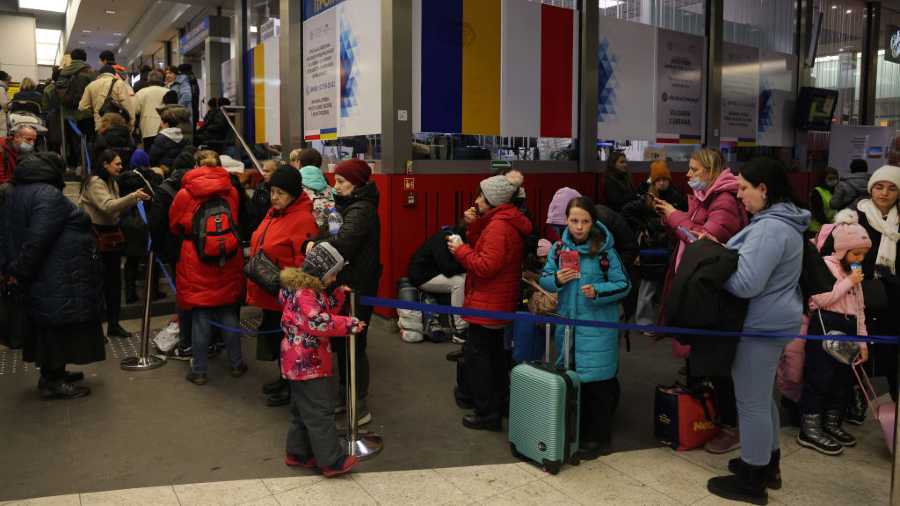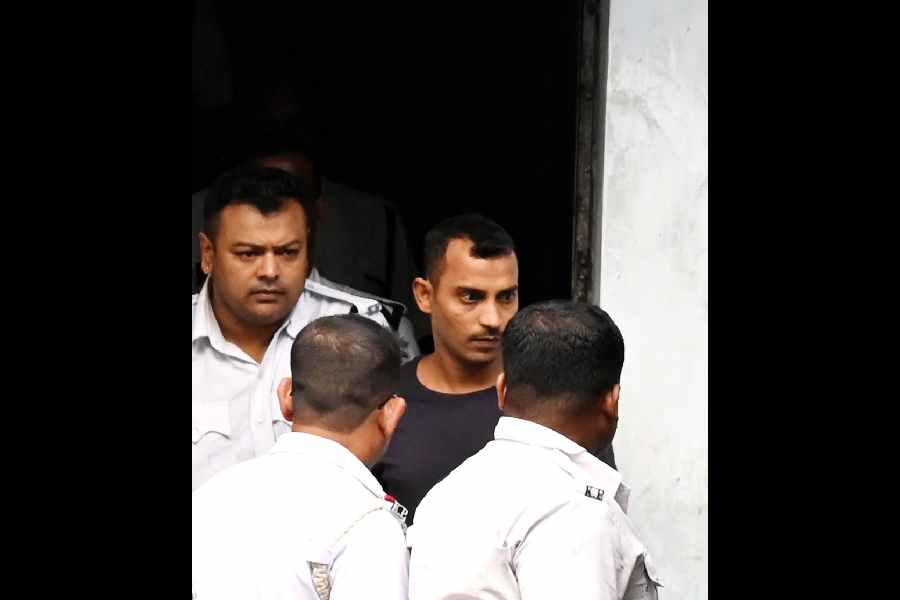Russia clamped down harder Friday on news and free speech than at any time in President Vladimir V. Putin’s 22 years in power, blocking access to Facebook and major foreign news outlets, and enacting a law to punish anyone spreading “false information” about its Ukraine invasion with up to 15 years in prison.
The crackdown comes as the Kremlin scrambles to contain discontent over the war and to control the narrative as Russia faces its most severe economic crisis in decades as a result of this week’s crushing Western sanctions. Fearing prosecution, more independent Russian news outlets shut down on Friday, and the BBC said it had suspended all of its operations in Russia.
Putin signed a law that effectively criminalises any public opposition to or independent news reporting about the war against Ukraine. Taking effect as soon as Saturday, the law could make it a crime to simply call the war a “war” — the Kremlin says it is a “special military operation” — on social media or in a news article or broadcast.
Announcements that the law was coming had already pushed Russian independent media outlets to shut down in recent days, and more followed on Friday.
In addition, the government blocked access inside Russia to the websites of major Russian-language outlets that are based outside the country, and to Facebook, the social network popular with the Westward-looking urban middle class where many have posted fierce criticism of Putin’s war.
Facebook, Russia’s Internet regulator claimed, had engaged in “discrimination against Russian news media” by limiting access to pro-Kremlin accounts, including that of the defence ministry’s television channel. The decision was a blow to internet freedom in Russia, where western social networks have remained accessible despite Putin’s creeping authoritarianism.
For now, popular Russian social networks like VKontakte remain accessible, along with Instagram, Twitter and YouTube. But analysts expect a further crackdown, heightening the importance of the messaging and social networking app Telegram, which the Kremlin tried and failed to block in 2018. Russian officials claim that journalists writing critically about the war — or calling it a “war” or an “invasion” — are undermining the national interest.
The lower house of Parliament, the State Duma, passed the law criminalising “false information” about the armed forces on Friday by a unanimous vote, and Putin signed it later in the day.
New York Times News Service











